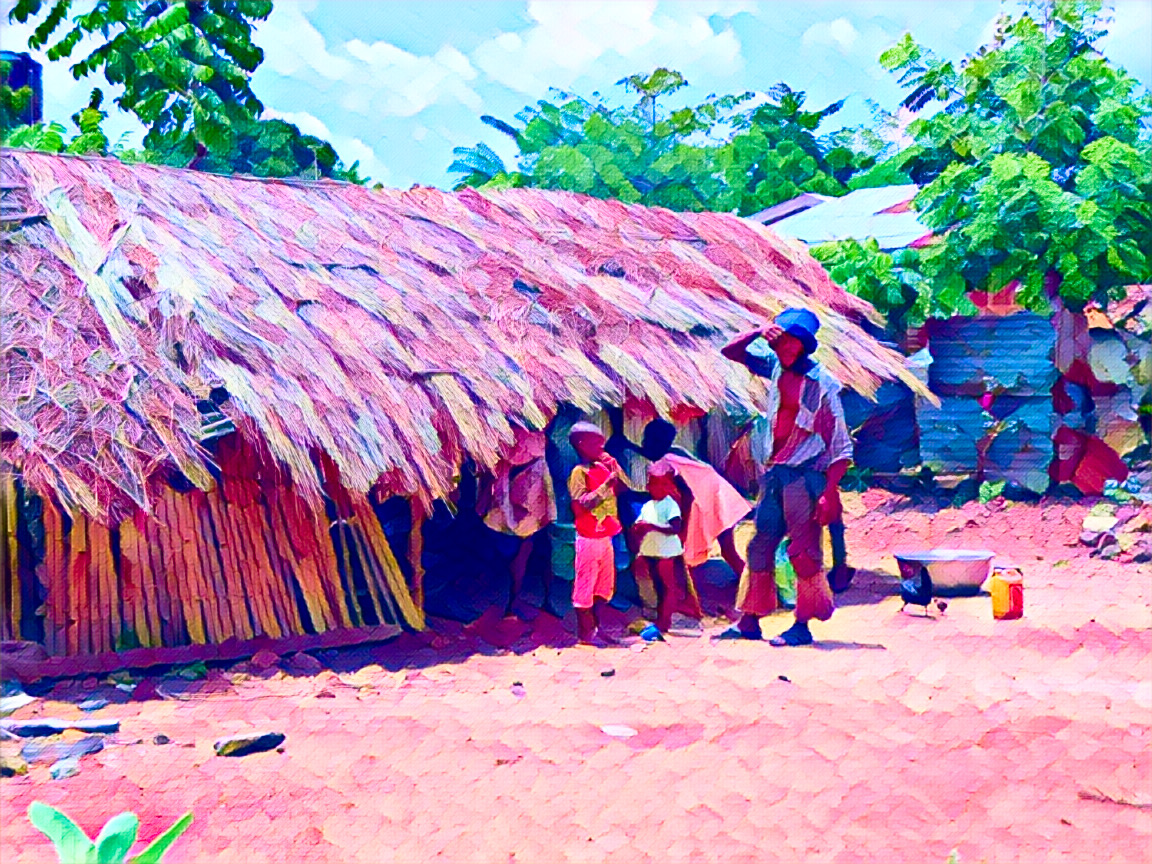KEY POINTS
- Many rural communities in Ghana face logistical barriers to voting.
- Limited access to election information results in uninformed voting patterns.
- Politicians’ promises to these communities often remain unfulfilled.
In the heart of Ghana, lie communities whose voices are rarely heard, especially during elections. These isolated villages, scattered across the northern regions and the remote parts of the Western and Volta regions, represent a segment of the population often forgotten in political campaigns and national discourse. For many of these citizens, voting is a challenge of logistical issues and limited access to important information
According to a report released by Statista in 2021, 13.8 million people lived in rural areas with many concentrated in lone regions with little to no infrastructure. Because of the barriers they face during elections, they find it extremely difficult to exercise their civic right by voting for the person they desire to rule.
Logistical challenges for rural voters
One of the most difficult challenges is the lack of access to polling units. The voters who live in rural areas would have to travel long distances before they get to voting centres. For the elderly and disabled, this task is nearly impossible. Despite this glaring issue, no major improvements in polling accessibility had been made by 2024.
Lack of electoral education and information
In addition to logistical barriers, electoral education remains a significant problem. This is a result of the government’s focus on the urban regions for campaign activities and media tours. Because of this many voters cast their votes based on tribal affiliations, which negatively affects everyone in the long run.
Developmental needs and unfulfilled promises
These challenges also have a direct impact on the development of these communities. Many of them have very bad roads, insufficient healthcare facilities and inconsistent access to clean water. Even though politicians sometimes visit these areas during election campaigns and make so many promises to them, none of these promises are been fulfilled.
There is a need to address these issues as Ghana approaches the 2024 election. While politicians often court the urban vote, they must not forget the isolated regions that form the backbone of the country. From building better infrastructure to improving voter education, real change will only come when all citizens, no matter how remote, are included in the democratic process.




